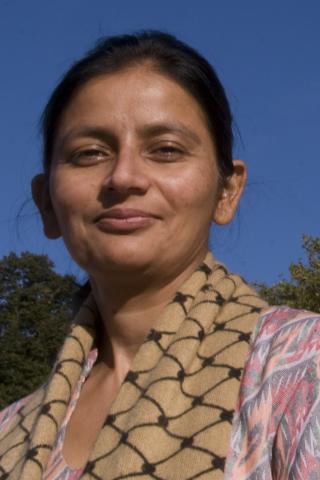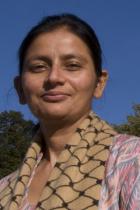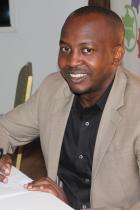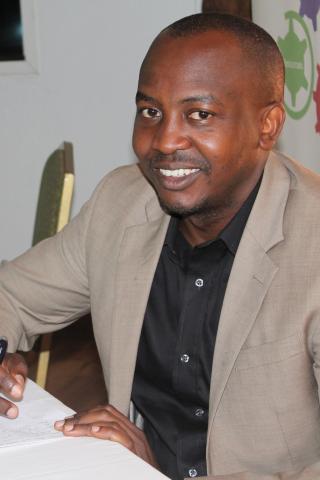Rita Mainaly

Nepal, 2011
Assistant Professor and Coordinator, Human Rights & Gender Justice Program
For Rita Mainaly, human rights and human responsibility are inseparable. “To be a good citizen,” she says, “you need to act for the community. My parents taught me that I can be a role model for my society.” As a pro bono lawyer at the Center for Legal Research and Resource Development, an NGO that helps to address cases of violence against women, Mainaly is a firsthand witness to the beating, harassment, trafficking and violence against women that goes unreported in Nepal. In rural Nepal especially, where Mainaly is from, there are two forms of discrimination that affect women. The first, she explains, is gender-based. Women are discriminated against simply for being women. The second is the caste hierarchy of Nepal in which women are victimized for being of a certain caste. “Women are considered second-class citizens and have no access to education,” she says. “These facts have encouraged me to follow human rights. I know I should do something for the women of this country.” Describing a mission for her country, she says that while human rights are indivisible, women’s rights in Nepal are invisible and need to be made visible. “The defective value system in Nepal is the root cause of discrimination against women,” she says, adding that there needs to be “zero tolerance” for discrimination and violence against women. The challenge of achieving this, however, is one that Mainaly knows she cannot overcome alone. “For human rights,” she says, “a single person cannot do anything. We must work together in order to win together.”








